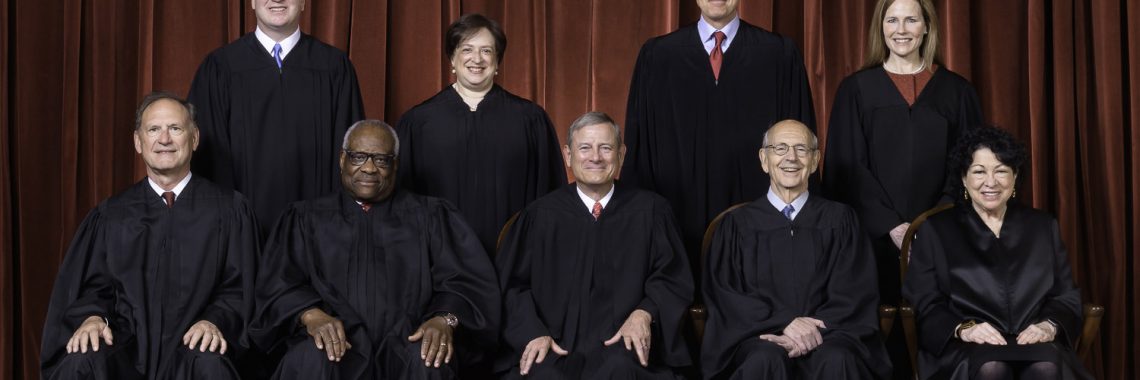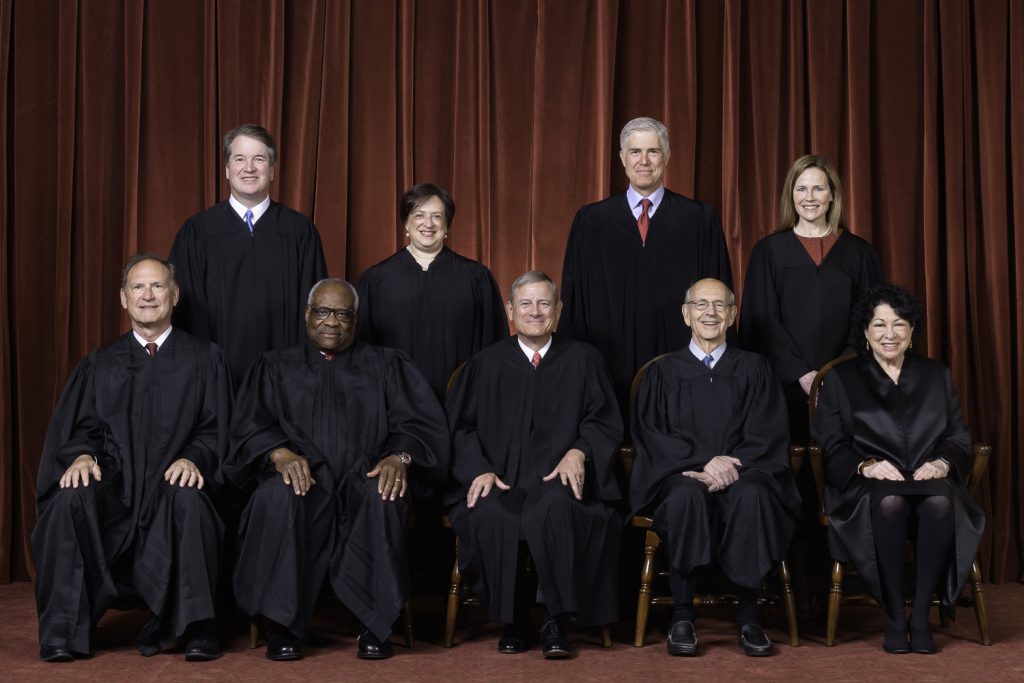Pro-LGBT Children’s Books at Public Libraries in Arkansas

As Family Council has written before, pro-LGBT children’s books have made their way into public libraries in Arkansas.
For example, the Central Arkansas Library System has Rainbow: A First Book of Pride and ‘Twas the Night Before Pride at some of its locations.
Other books like What Are Your Words? and Jack (Not Jackie) promote transgender behavior to children.
According to information published online, these pro-LGBT books are intended for kids in pre-school and early elementary school. That’s simply inappropriate.
So what can families do if they find pro-LGBT children’s books in their libraries?
Communities can take steps to remove objectionable material from their local libraries.
Library boards and librarians have leeway to establish selection criteria and make decisions about the kinds of material available on the library’s shelves.
Library patrons generally can use a Material Reconsideration Form to ask libraries to remove inappropriate material.
And voters can call on their elected officials to enact laws protecting children from objectionable material in public libraries.
Articles appearing on this website are written with the aid of Family Council’s researchers and writers.





